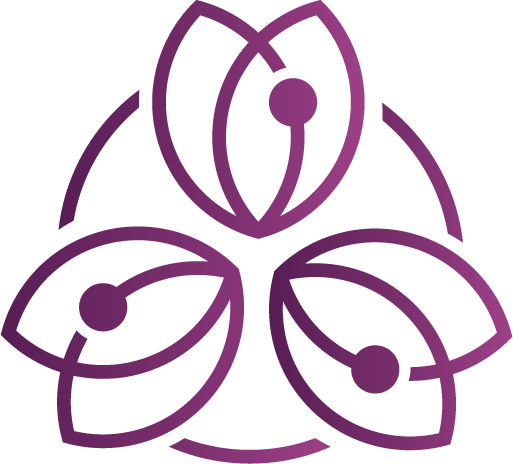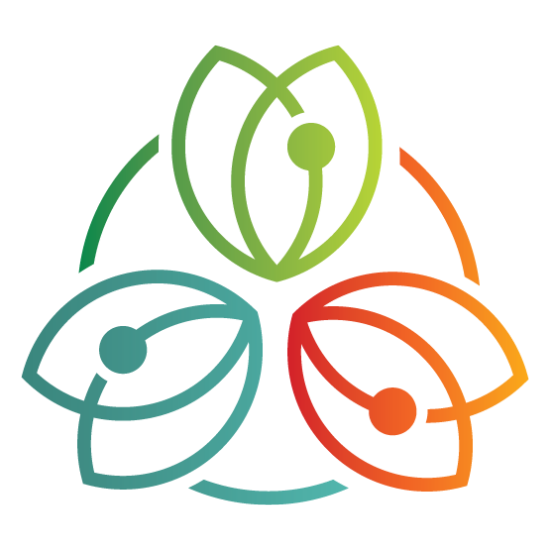Boron and Hormones
Recently my father-in-law showed me the fruits from his garden. The plums and apricots were falling unripened and undamaged without any seen reason. He cut into the plum and saw that the seeds were cracked perpendicularly in the middle. Puzzled at what might be the cause, my father-in-law searched for an answer and found out that it was due to boron deficiency.
Without boron the fruit cannot ripen. Boron is involved in cell growth and provides the structural integrity of cell walls, especially in the fast growing part such as reproductive structures. Symptoms are expressed differently across species, but generally they include stunting and distortion of the growing tip that can lead to tip death, brittle foliage, and yellowing of leaf tips. It should also be noted that sufficient amount of calcium in the soil is necessary for plants to absorb boron.
Now, think about what boron does in your body?
It is a micro element that is necessary for hormonal functions, vitamin D metabolism, bone and brain health, and wound healing. Here are some main boron functions:
- regulates sex steroids by increasing bioavailability of estrogen in women and testosterone in men
- improves the production of estrogen in menopausal women and reduces menopausal symptoms
- helps bone growth, maintenance, regeneration, absorption; and use of calcium, magnesium and copper, which are key elements for not only bone health
- helps production and metabolism of vitamin D by increasing the biological half-life and bioavailability
- improves wound healing through activating the enzymes in fibroblasts
- has anti-inflammatory effects, especially seen in osteoarthritis
- enhances brain function and memory
- protects from heavy metal toxicity
If you are intrigued by how all this is possible, read this scientific article.
Boron deficiency can contribute to sex hormones imbalances, especially hormonal deficiency, such as low estrogen in women or low testosteron in men; osteoporosis, arthritis, hyperthyroidism, and abnormalities in the function of the nervous system.
Where do you get boron from?
From plants: avocados, fruits (peaches, raisins, prunes, black currant, pears, apples), vegetables (celery, carrots, broccoli, parsley, onions), nuts and legumes (beans, lentils, chickpeas).
However, with soil exploitation and human-induced nutrient depletion, the content of minerals (including boron) taken up by plants greatly decrease over time. For this reason, it is not enough to simply rely on our fruits and vegetable intake. Having had a hair tissue mineral analysis done through Functional Medicine, I was shocked to see how depleted I was in boron! (Needless to mention my diet is quite rich in lots of various plants and nutrients)
So, if you are concerned about your hormone levels and have any of the above mentioned issues, you might want to try boron supplementation, especially if you have already made significant diet and lifestyle changes over a period of time. And ideally get tested for the minerals and toxic elements from hair (like https://www.biomol.pl/en/who-we-are, or http://nordiclabs.com/EDetail.aspx?id=989#) or red blood cells (these show the long term status).
The recommended dose of boron is from 3mg/day to a max of 20mg/day. I find 6mg/day for a few months a year a good addition to hormonal balance. Best forms to use are boron gluconate and/or citrate. Take it with food.
Contraindications
I wouldn't recommend it in case of hyper-estrogenism (like endometriosis or breast cancer), or high testosteron.
More tips on fertility, hormones and general health is coming in my app on Tibetan and Functional Medicine and online coourses!
Literature
https://www.ncbi.nlm.nih.gov/ - Nothing boring about boron!

